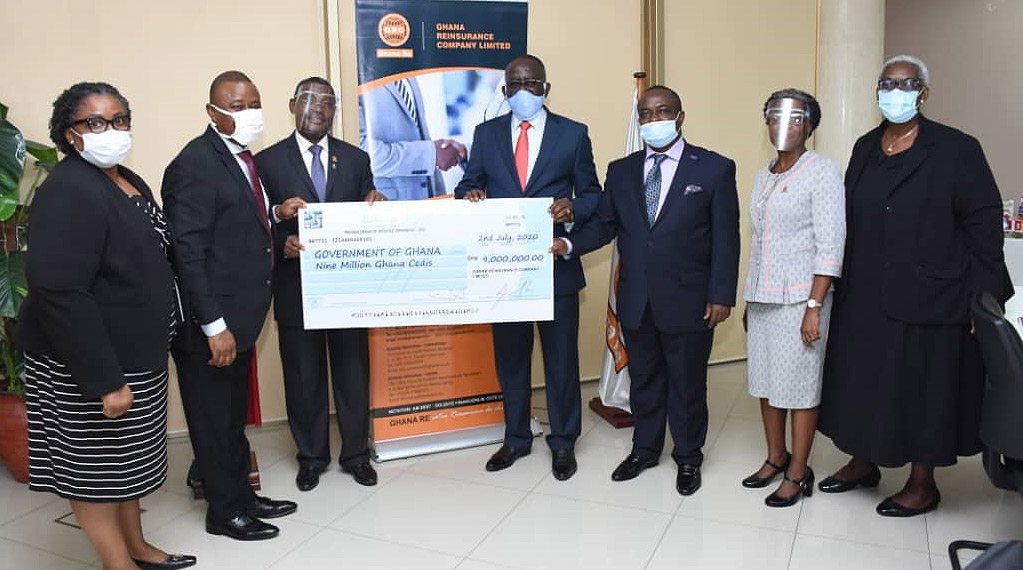The new Nissan Qashqai now on sale in Ghana
The new Nissan Qashqai model arrives in Ghana with a four-model
range supported by a 2.0 litre petrol engine and two trim lines. Efficient,
modern, trendy and energetic in its execution, the Nissan Qashqai is not just a
reworked original with a renewed lease on life.
Head of Marketing and Public Relations at Japan Motors Trading
Company Limited, Hilda Peasah said: "The Nissan Qashqai also offers
enhanced efficiency through an extensive mass reduction programme, resulting in
40kg weight loss on some models despite the extensive addition of new
equipment".
Produced at the Nissan Sunderland plant in England, the new
Qashqai arrives in Ghana with a four-model range supported by a
2.0-litre petrol engine and two trim lines. The new Nissan Qashqai is available with the 2.0-litre direct
injection petrol engine which was seen in the first generation model as well.
The power and torque was improved to 103kW (144hp) at 6000 rpm
and 196Nm (20.4kg-m) at 4400 rpm with a 2.5% improvement in fuel economy. The
2.0-litre engine is paired with a six-speed manual transmission, 2WD as well as
a XTRONIC CVT option in 2WD and AWD with ALL MODE 4×4-I, she stated.
Furthermore, XTRONIC CVT has been specifically enhanced for the
new Nissan Qashqai by defying conventional CVT principles to create a more
natural driving sensation with stepped changes to mimic conventional
multi-ratio automatic gearboxes during hard acceleration. Under smoother
acceleration the ratios are subtly adjusted for ultimate smoothness.
Mrs. Peasah explained: “Premium technology, second generation
crossover design and enhanced dynamics all combine to form the backbone of the
new Nissan Qashqai. The striking Nissan Qashqai is longer than the current
model and fractionally lower and wider, giving it a sleek, poised stance while
maintaining the crossover style, compact dimensions and raised driving
position. Distinctive features – including a clamshell-style bonnet – lend a
premium appearance while retaining the Nissan Qashqai’s strong visual DNA”. Inside,
a dramatic rise in material and design quality adds significant interior appeal
to the Nissan Qashqai package. Versatility also remains a core crossover
attribute; Nissan’s engineers have devised innovative ways to make the Nissan
Qashqai fit into drivers’ lives. Delivering greater occupancy space and a
larger luggage capacity, Nissan Qashqai ticks all the right boxes, she stated.
The first generation Nissan Qashqai’s effortless design and
innovative approach was key to making it a global success. The all-new version
sets a new benchmark for crossover design, featuring a striking new look with
powerful curves, clean lines and intricate details, taking Nissan’s iconic
crossover to the next level.
Keeping everything fresh, the bold new design is fronted by the
prominent Nissan V-motion grille, supported by angular headlights and an aggressive
front bumper with a deep air dam for a purposeful look.
All models are also characterised by new boomerang LED welcome
and follow me home lights which create a light signature that is unquestionably
Nissan Qashqai. At the rear, a pert tail gate is flanked by strong wraparound
tail light clusters with LED elements and a sophisticated bumper design which
rounds off the SUV appeal.
In 2007, Nissan launched the Nissan Qashqai model that became
the crossover pioneer, found more than 2.0 million customers worldwide and was
soon followed by scores of imitators.
In Ghana, Nissan is the number one auto brand with 30.6 percent
market share. In future, the plant
in Nigeria could supply vehicles to Ghana, the second-biggest market in West
Africa for Nissan, Whitfield said.
Nissan partners Orange Africa Cup of Nations to boost brand
footprint in Africa
Nissan is throwing its weight behind the Orange Africa Cup of
Nations 2015 because it wants to boost the excitement that surrounds the
continent’s most adored sporting event while deepening the brand’s footprint in
the region through growth in car sales, said Mike Whitfield, Managing Director
of Nissan South Africa who also heads the company’s Africa-South regional
business unit.
Mr. Whitfield speaking from Pretoria, South Africa, indicated
that Nissan wants to become a bigger player in Africa’s car market, which is
set to benefit from rapid economic growth and a surging urban, middle-class
population. “Africa is very much a key part of our growth strategy and we want
to use football as a key platform to bring the brand closer to the whole of
Africa,” he said.
Nissan’s partnership with the Africa Cup of Nations follows its
recent high-profile sponsorship deal with the UEFA Champions League, announced
in April and expected to run for four years. The Japanese car maker is also a
sponsor of the Rio 2016 Olympic and Paralympic Games and the global automotive
partner of City Football Group, owners of English Premier League champions
Manchester City.
The Orange Africa Cup of Nations qualifiers are currently being
played and will end in November, with the tournament scheduled to take place in
Morocco from January-February 2015. Nissan will throughout this period host public events as well as
gatherings with dealerships to introduce its vehicle innovations to the
continent. As part of the activities, the new Nissan Qashqai and X-Trail will
be brought to more customers, after successful launches in North Africa and
South Africa.
With Africa having the lowest vehicle ownership rate of any
region in the world, Nissan sees huge potential to sell more vehicles in its
key markets on the continent, said Mr. Whitfield, who added that the company
plans to strengthen its market share in sub-Saharan Africa, excluding South
Africa, from the double-digit threshold to 14-16 percent within four years.
“We see Africa as the last frontier of the automobile market.
There are currently 1.2-1.4 million new vehicle sales per year in a population
of one billion people. That represents huge potential.”
Nissan’s dynamic, fresh focus on Africa has seen it begin to
overhaul its sales network in many African countries, taking over primary
distributorships and setting up a plant in Nigeria that is expected to become
its third hub in the region, alongside Egypt and South Africa.




Comments
Post a Comment